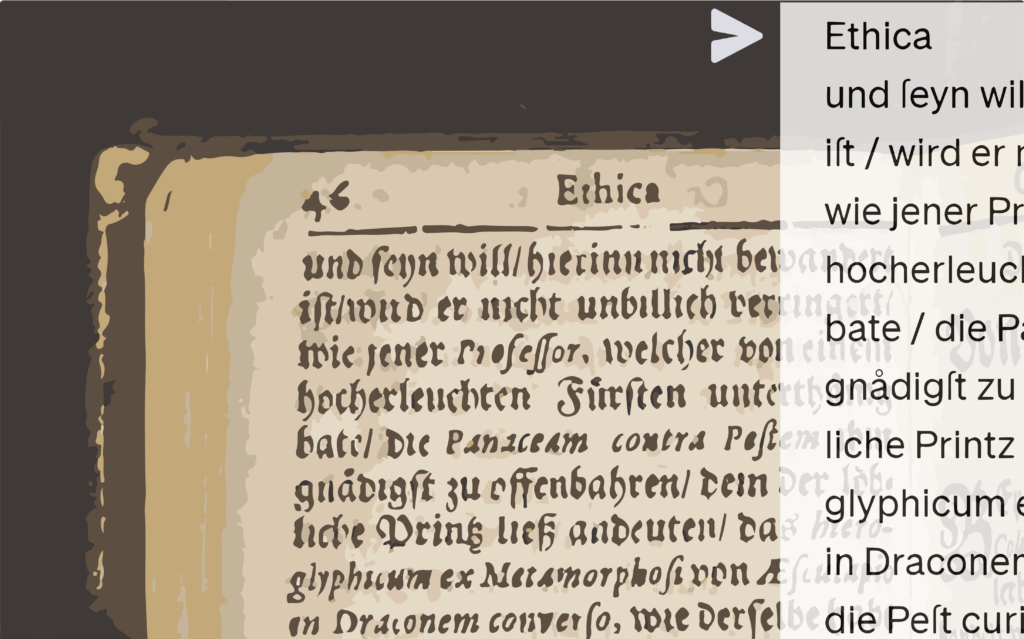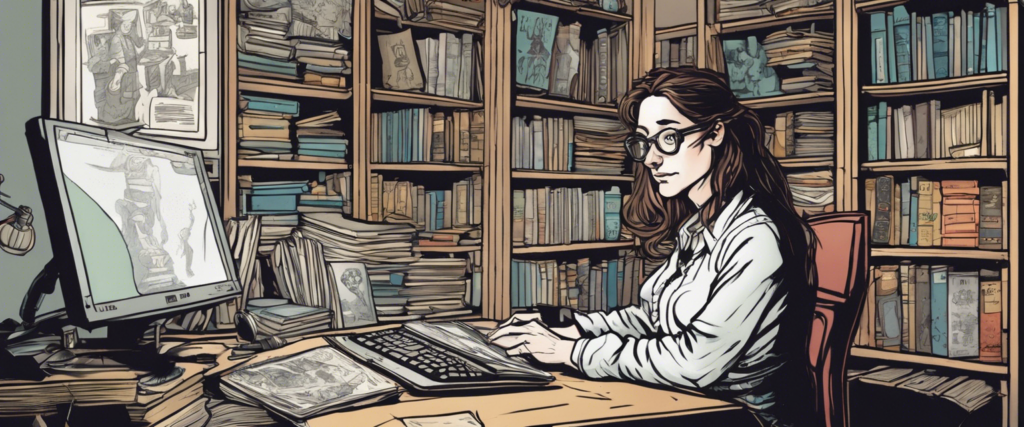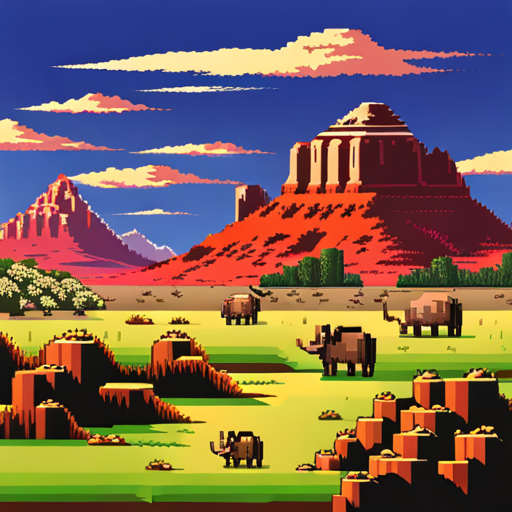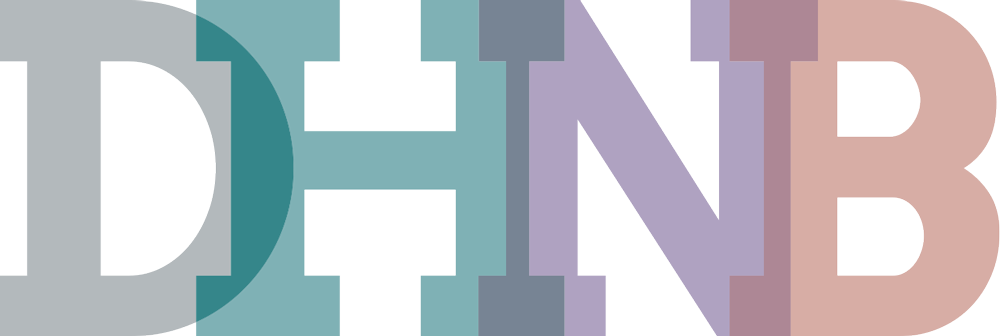
Automated Text Recognition with ChatGPT 4
During a presentation for the Digital...

Summer Research Leave: Ethica Complementoria Digital Scholarly Edition – Redux
My position as a senior academic...

Research Support Partnership with Dept. of Archeology, Conservation and History
From mid-April until September, I will...



DHNB Chair and DHNB2023 Co-Chair
Since April 2022, I have been...
Team Lead: Digital Research Methods
I’m back from my leave –...
New Job: Senior Academic Librarian for Digital Research Methods
As of October 1st, 2020, I...